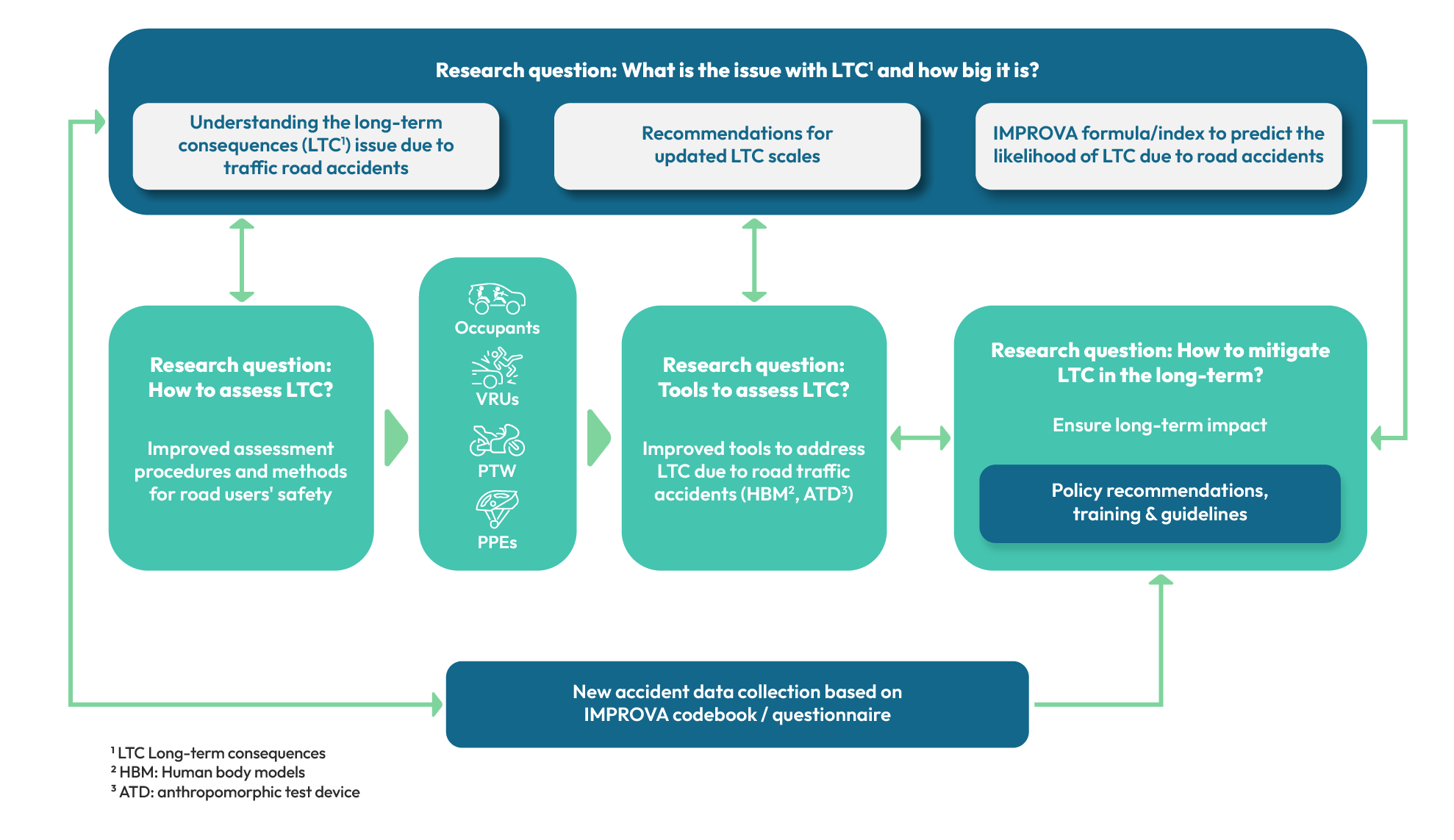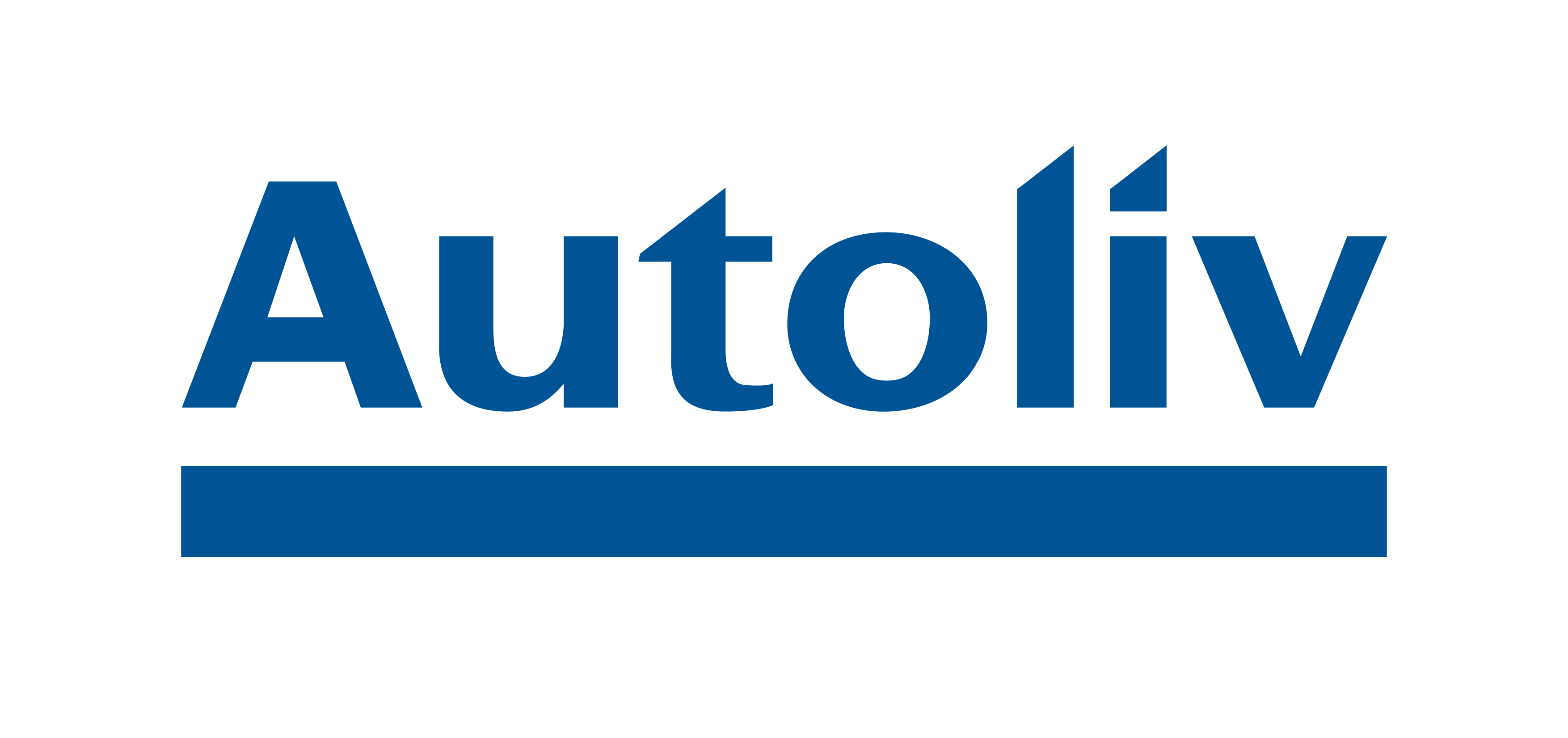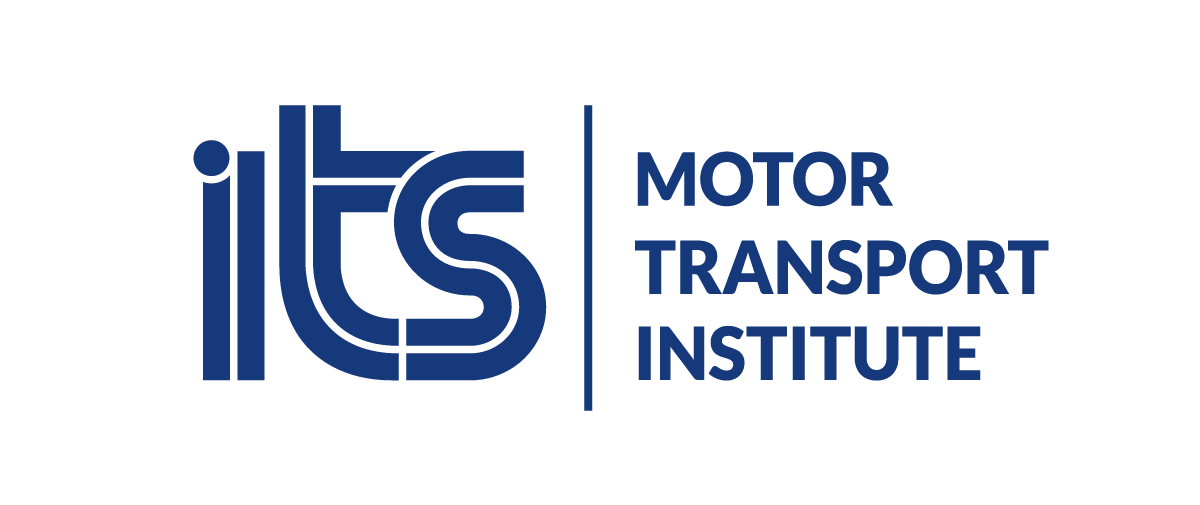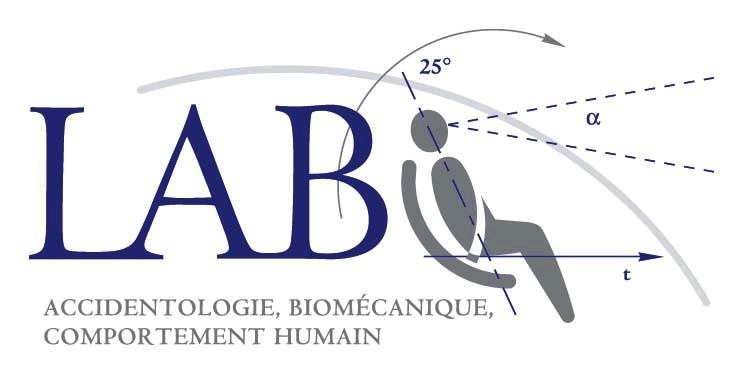Injury Mitigation to PROmote Vision-zero Achievement
Find new years of reducing serious injuries and long-term consequences of road crashes.
Find new years of reducing serious injuries and long-term consequences of road crashes.
Injury Mitigation to PROmote Vision-zero Achievement
Find new years of reducing serious injuries and long-term consequences of road crashes.
Find new years of reducing serious injuries and long-term consequences of road crashes.
What is IMPROVA?
IMPROVA is an EU-funded project dedicated to enhancing road safety by addressing the complexities of long-term consequences (LTC) caused by road traffic accidents. Committed to ensuring a high quality of life for all road users, IMPROVA goes beyond merely saving lives by focusing on understanding, quantifying and mitigating the impact of the long-term consequences (LTC) linked to road traffic accidents.
IMPROVA offers open access to project findings and results to improve accessibility to resulting LTC scales, models, methodologies, and procedures. This will empower the global community to collectively advance road safety and prevent the long-term consequences of injuries.
IMPROVA Approach


Project objectives
Project objectives
IMPROVA expected results
Partners and network of experts
The IMPROVA network, consisting of NCAPs, US, Australian, and Asian entities, and a medical and psychological expert panel group, will help harmonise not only the knowledge of the long-term consequences but also the data collection and evaluation of such injuries leading to LTC and the use of appropriate tools validated for this purpose.












